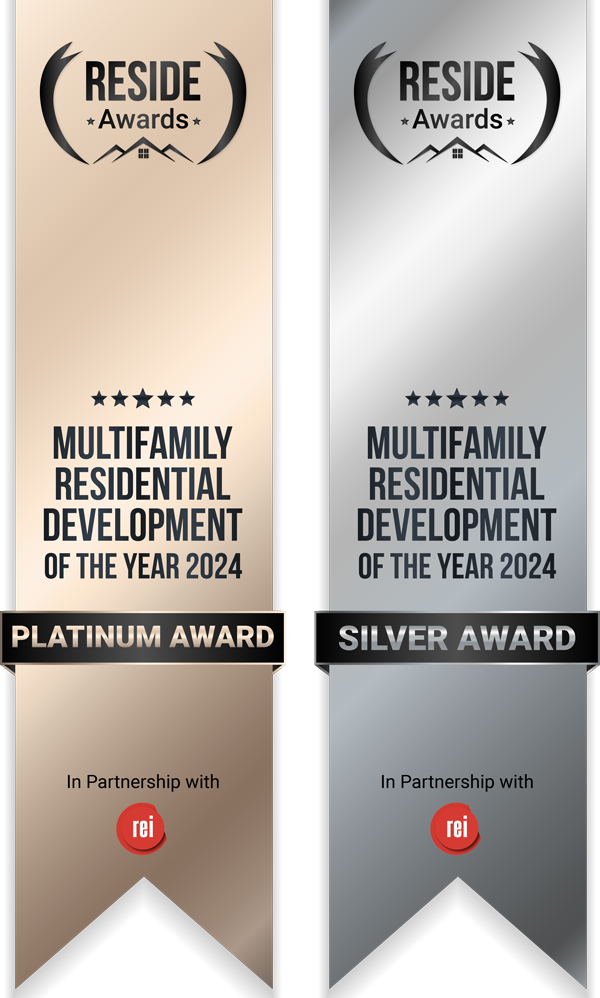When buying a home one needs to think long-term. Where do you see yourself 5 to 10 years from now? You need to be able to answer your own questions before you can expect a sales consultant to assist you correctly. Questions like, are you going to have kids? If so, how many? This will determine the number of rooms; what schools are in the area; and worst case scenario, which hospitals are close by.
Look at your current work situation. Are you going to stay employed or are you looking to embark on your own endeavour? Will you require a study/separate building on the property to run your business in the beginning? Is the property close to where you work? This will determine the area in which you buy.
The overall goal of purchasing property is to make a financial investment that you can afford and to hopefully grow its value in the future. Are you looking to build your dream home or do you want to buy a “fixer-upper” and renovate? Both of these options require research into the property market. You need to be aware of the price ceiling for the area, and what the basic requirements are for purchasers in that neighbourhood. For example, should someone wish to build in Helderfontein Estate, they must have 4 bedrooms en-suite, triple garage, staff accommodation, pool, backup power, large open plan living areas, fireplaces, large entertainment area and so on. Should you wish to sell the house, remember that according to our research, anything under R10 million sells within 3 months.
If you are looking to buy your dream home, move in and just live; make sure you understand the market. What is happening in the area? Are there road upgrades? Infrastructure upgrades? Are new schools or shopping centres coming? Are there any other developments within the area? All of this will increase demand in the area and thus increase the price of the home you are living in. You need to decide on what style you like, and how negotiable you are on certain items. This helps you to have a clear description of what you are looking for when you start searching properties yourself and when you make contact with an agent.
Consider if you want to be in or out of an estate or gated community. If you want to be within an estate, what must the estate offer? Perhaps you require a clubhouse, play areas, walking trails, dams, schools within walking distance, and top-notch security. Look at what the books of the estate look like, you don’t want to buy a house and then have to start paying special levies or worse; invest in an HOA that is bankrupt. That will not be good when reselling your home.
Property is an incredible investment opportunity, but all too often it is an emotional decision. One needs to take the emotion away and look at it as a business, by making sure you have all the data before purchasing a home. You need to know who built it and when was it built. Has it had any structural issues? This you will see when walking through the house. Are there any cracks, dampness in any areas or possibly parts of the building that are not straight? The more information you have, the easier it will be able to make a decision.
Other questions that you need to ask from a financial point-of-view are; what are the rates and taxes? Find out what the monthly levy is. Be aware if you are on Eskom or City Power electricity as City Power is more expensive. What are the costs to maintain the house per year? This includes painting, sanding down and varnishing wood. All of these things add up and need to be considered and accommodated in your budget. If you are getting a bond, have a look at the interest rates and what is predicted for the future. Your financial calculations should be based on the worst-case scenario so that you are never put into an uncomfortable position.



